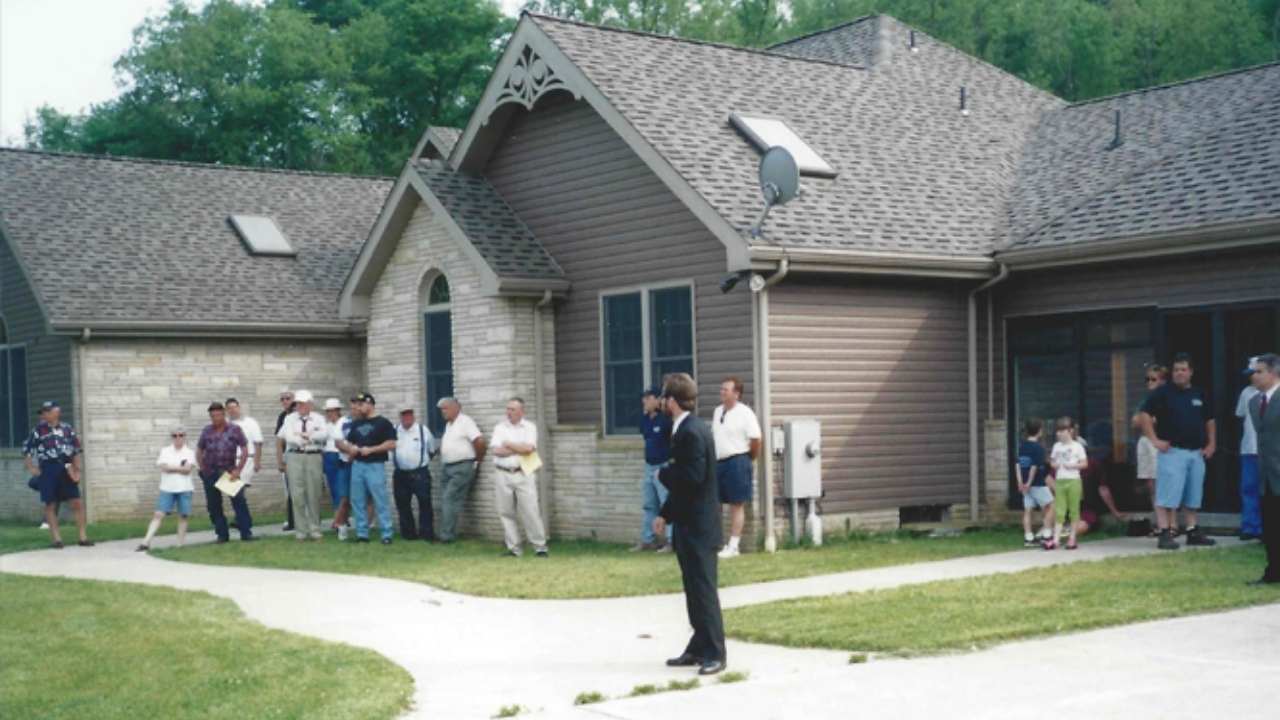
It is certainly a sellers’ market as witnessed by countless homes being sold above asking prices regardless of condition. Seasoned investors have taken to secondary and tertiary markets to identify assets with enough “meat on the bone” to invest in. Real estate auctions have provided some great deals for seasoned investors but are rarely a primary source of inventory. It is by far the riskiest acquisition method; therefore, it is imperative to be properly educated on the process before dipping your toes into this arena.
In fact, in many parts of the country, it is a complete waste of time to bid at the foreclosure auction. For most it makes more sense to purchase properties in foreclosure prior to or after the auction procedures when the bank is typically more amenable to negotiating a lower price. Frankly, by that time, it is simply found money for the bank as they have already written off the debt.
With the expected rise of foreclosures post-pandemic some believe things will begin to heat up again at auction sites, if that happens, let’s take a look at the “need to know” before you take the plunge into the Auction world:
- Auction properties often do not allow a home inspection or any legal way to view the interior in person. If you cannot afford the risk of buying a property in poor condition, stick with auctions that allow you to inspect the property before bidding.
- Review and understand all auction rules & get familiar with the specific auction procedures: Some auction procedures giving 6-month redemption periods to inferior lienholders OR endless 10-day upset bid opportunities to competing bidders, will have very few, if any, bidders.
- Home inspections are typically not allowed so you cannot view the interior. If you cannot inspect it prior to bidding, walk away!
- Always check for liens, and occupants before you bid. If the first lienholder is NOT the foreclosing lien, then the winning bidder will be responsible to pay the balance. The biggest mistake auction bidders can make is assuming they are bidding against the first position lienholder.
- Most private/hard money lenders will not fund an auction buy. (Inspections and appraisals are typically required)
Unlike a short sale where you must negotiate with all lien holders (though secondary lienholders are get nothing if it goes to auction so they are pliable), when the first mortgage is foreclosing, every inferior lienholder gets wiped out.
Educate yourself and avoid the school of hard knocks!!!!





Can you be more specific about the content of your article? After reading it, I still have some doubts. Hope you can help me.
I don’t think the title of your article matches the content lol. Just kidding, mainly because I had some doubts after reading the article.
Can you be more specific about the content of your article? After reading it, I still have some doubts. Hope you can help me. https://www.binance.com/bn/register?ref=UM6SMJM3
Your article helped me a lot, is there any more related content? Thanks!
TONY12-04. 888-slot888.com – cái tên top đầu trong lĩnh vực cá cược, đã chọn 888-slot888.com GAME làm đại lý chính thức để cung cấp link truy cập an toàn. Đây là đại lý được cấp quyền trực tiếp, chịu trách nhiệm cung cấp đường link 888-slot888.com ổn định và bảo mật tại Việt Nam. Để không bỏ lỡ 150.000 VNĐ tiền cược trải nghiệm miễn phí; 100% tiền nạp đầu và vô số ưu đãi độc quyền khác, hãy đăng ký tài khoản tại 888-slot888.com GAME với thông tin chính chủ ngay hôm nay.
TONY12-04. 888-slot888.com – cái tên top đầu trong lĩnh vực cá cược, đã chọn 888-slot888.com GAME làm đại lý chính thức để cung cấp link truy cập an toàn. Đây là đại lý được cấp quyền trực tiếp, chịu trách nhiệm cung cấp đường link 888-slot888.com ổn định và bảo mật tại Việt Nam. Để không bỏ lỡ 150.000 VNĐ tiền cược trải nghiệm miễn phí; 100% tiền nạp đầu và vô số ưu đãi độc quyền khác, hãy đăng ký tài khoản tại 888-slot888.com GAME với thông tin chính chủ ngay hôm nay.
TONY12-04. 888-slot888.com – cái tên top đầu trong lĩnh vực cá cược, đã chọn 888-slot888.com GAME làm đại lý chính thức để cung cấp link truy cập an toàn. Đây là đại lý được cấp quyền trực tiếp, chịu trách nhiệm cung cấp đường link 888-slot888.com ổn định và bảo mật tại Việt Nam. Để không bỏ lỡ 150.000 VNĐ tiền cược trải nghiệm miễn phí; 100% tiền nạp đầu và vô số ưu đãi độc quyền khác, hãy đăng ký tài khoản tại 888-slot888.com GAME với thông tin chính chủ ngay hôm nay.
The betbbapp is the the only app i need, I can bet on anything everywhere. The app works fine!
Thanks for sharing. I read many of your blog posts, cool, your blog is very good.
I don’t think the title of your article matches the content lol. Just kidding, mainly because I had some doubts after reading the article.
E aí, galera! Descobri o QQ88Asia1 recentemente e tô de olho nos jogos deles. Alguém já experimentou? Queria saber se a experiência é boa antes de colocar minha grana. Dá uma olhada: qq88asia1
Yo, okfuncasino is pretty cool! Great selection of games, and the sign-up bonus was a sweet deal. I managed to win a little something. Give it a shot: okfuncasino
Alright, 51betbr. Nothing crazy special, but reliable and consistent. Sometimes that’s what you need, you know? Check it out 51betbr.
Heard about skysportsbettingg from a mate. Been having a crack at it, and so far, so good! The odds are pretty decent, and they seem to have a good range of sports covered. Will update if anything changes, but for now, thumbs up!